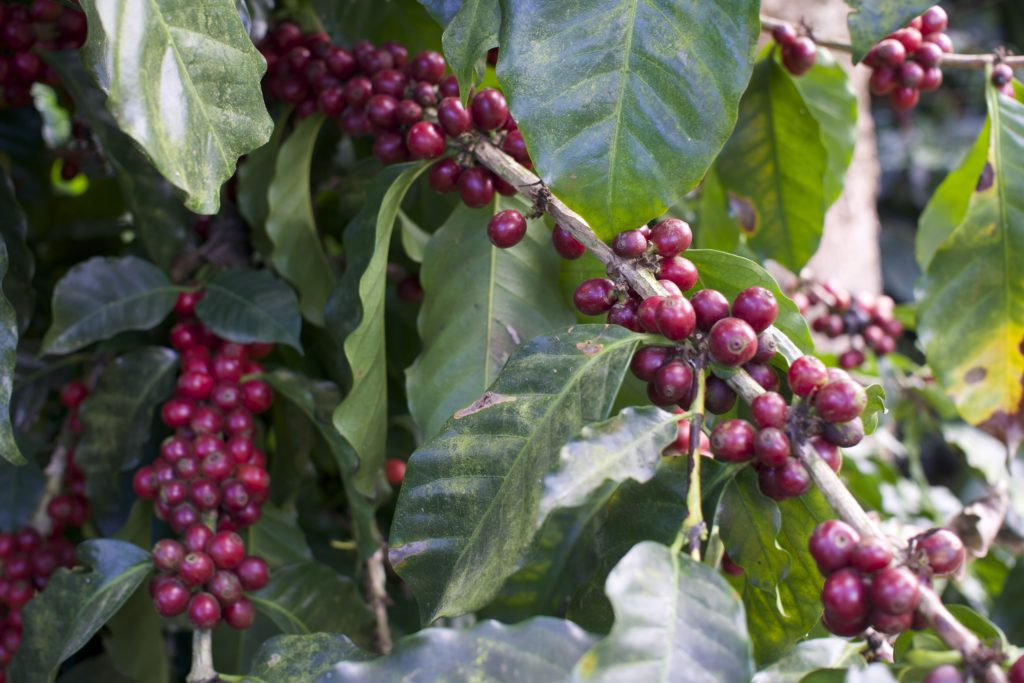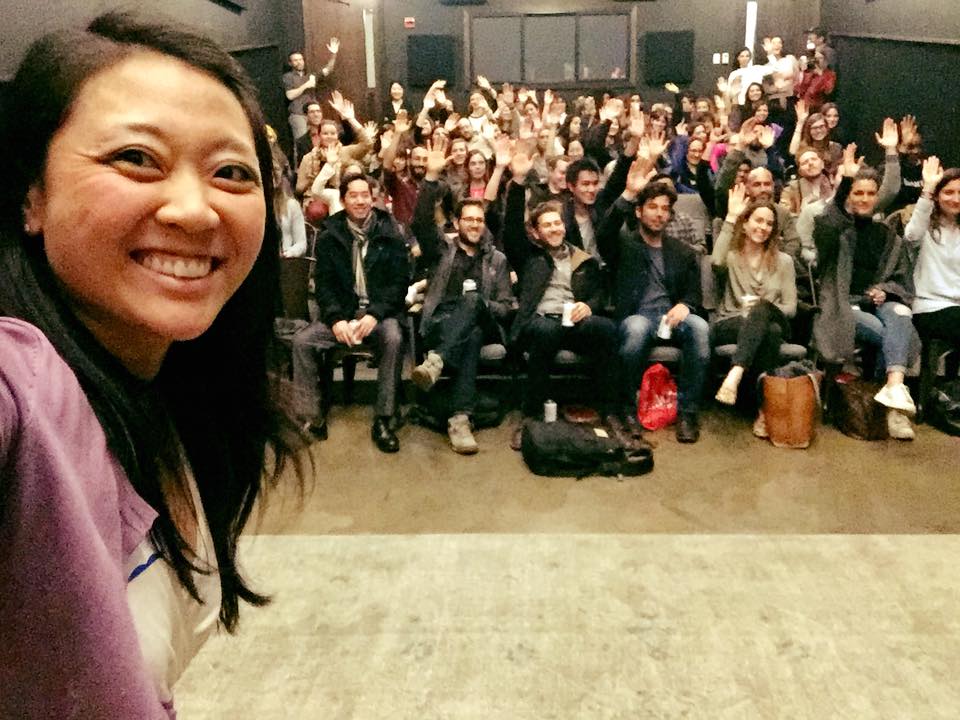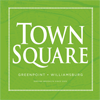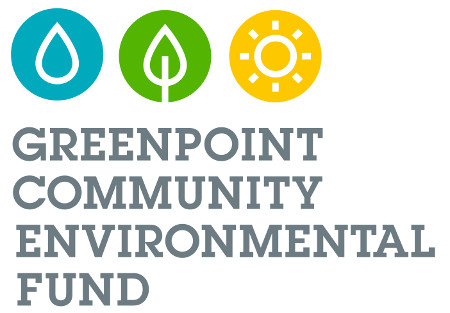Upcycling Food Waste as a Fact for the Future
Waste is only wasteful because it’s wasted. So, if we can find a way to unwaste that which we currently throw away, it stands to reason it will no longer count as waste. This is the premise behind a slew of new ventures, that look to use what was previously discarded as the basis for a brand new product.
Toast Ale does this.

Toast Ale brews beer from the day-old bread discarded by the bread industry. Started in England, the company has now expanded stateside, where it partners with a variety of NYC based bakeries (Bread Alone and Baked in Brooklyn are two) to craft an award-winning American Pale Ale.
That bread can be used to make beer should not be surprising. After all, beer was brewed from bread as far back as Mesopotamia. What is surprising is how delicious this beer is! You can see for yourself at Whole Foods, or via FoodKick (where Toast will honor a 10% discount — see here.)
Another local company, the Nomad Trading Company, uses the fruit of the coffee bean (the “cascara”) as the basis for a fantastic tea.
If you’ve never seen a coffee plant, then you may be surprised to learn that the small brown bean that we enjoy is in fact the pit of a lovely little fruit, which grows in profusion along the long, thin branches of the squat coffee bush. When ripe, this fruit sports a bright red, berry-like skin, which contains the bean surrounded by a thick, sweet, gelatinous goo that tastes faintly of coffee.

I know this flavor well, as I grew up near a coffee bush in Kenya. And as all those fortunate enough to have tasted coffee fruit know, it is delicious. However, the ratio of fruit to bean is so poor and the value of the bean for coffee is so high, that the fruit is most often left aside in the processing of coffee beans.
Nomad takes these leavings, and dries and brews them into a tea. The tea is rich, mildly coffee-flavored, and tart along the lines of kombucha — though to my tongue, not quite as pleasant.
But — get this! — this “tea” is actually close to the strength of full-brewed coffee. “There is about 110 mg of caffeine in our cascara” explains Max Keilson, one of Nomad’s co-founders, “which is as much as a brewed cup of coffee.” He also notes that the brew is rich in antioxidants and potassium.
These two innovators were part of a dozen or so unwasting pioneers on hand for an event at Kickstarter. Hosted by Trash Talk City and TrashyNYC, two organizations dedicated to promoting sustainability by rethinking waste, the event concluded with a screening of the film WASTED, from executive producer Anthony Bourdain. Featuring a who’s who of forward-thinking chefs (Dan Barber, Mario Batali, and Massimo Botura all appear), the film is a deep-dive into the questions of how the food industry can address the problems of waste across the board.

As we rethink our relationship to waste and learn how to do more with less, we must learn to see waste in a different light. From the bacteria level on up, we know that one person’s trash is another person’s treasure. The evening demonstrated this charming and useful equation in delicious and thought provoking ways.
And kudos to the organizers for insisting that the patrons supply their own cookware and utensils! Just about everyone brought some kind of lunchbox. It reminded me of nothing so much as grade school — and that is a compliment.
Would you eat food derived from waste? Are you interested in learning more about food upcycling? Take this brief survey and we will be sure to keep you informed of similar upcoming events.



